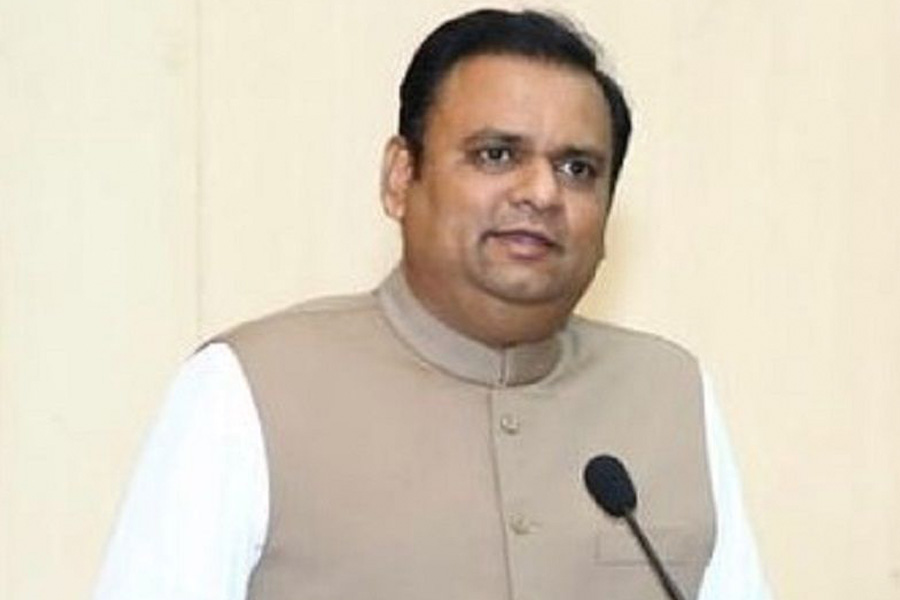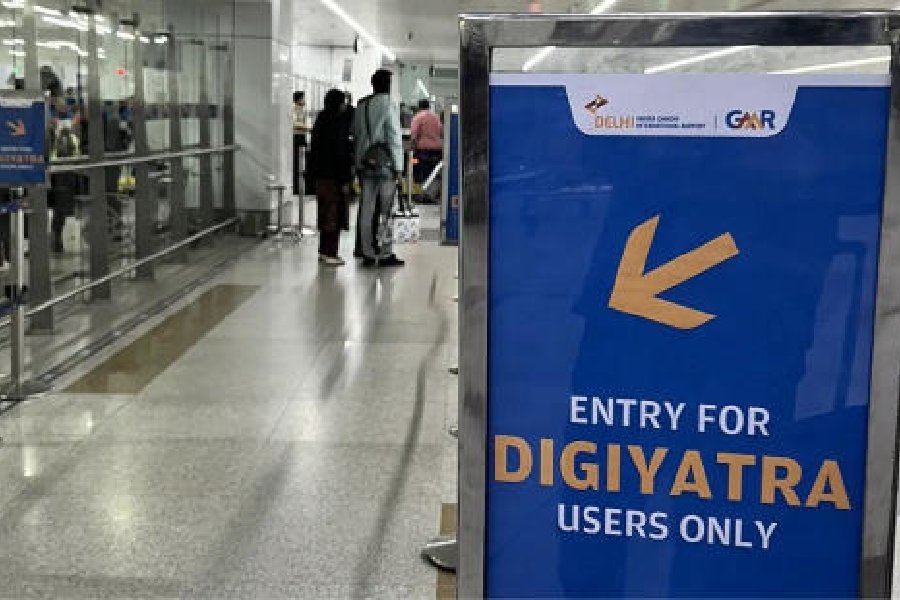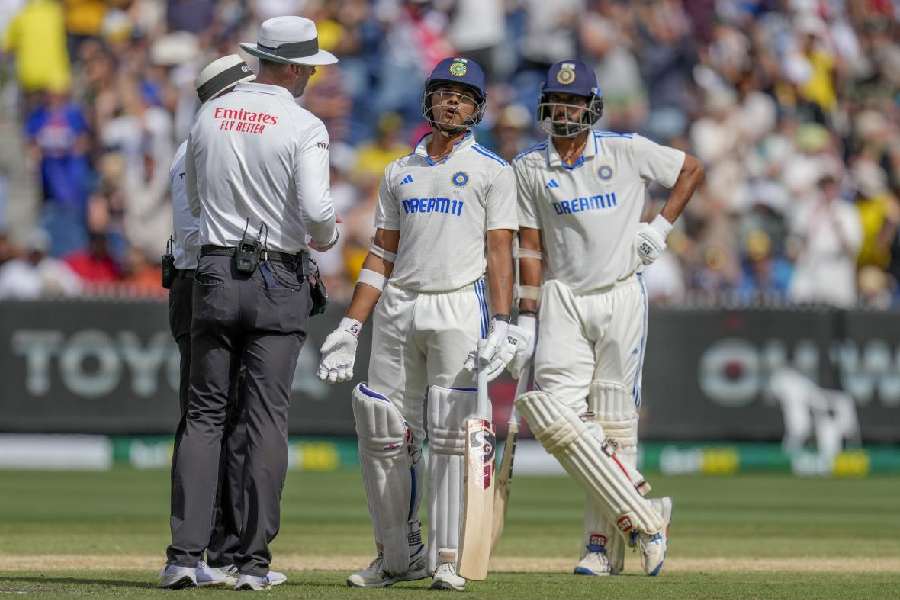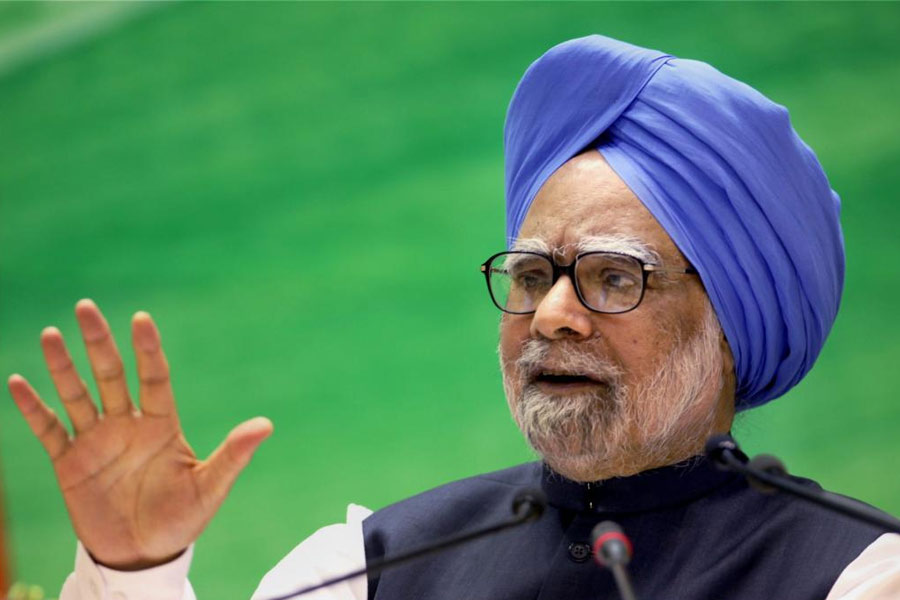Maharashtra’s politics is going through a muddy phase. In June 2022, Eknath Shinde’s rebellion against the then chief minister, Uddhav Thackeray, within the Shiv Sena, with 37 members of the legislative assembly out of 55, led to the fall of the Maharashtra Vikas Aghadi government. Chosen as their leader by the breakaway legislators, Mr Shinde became the chief minister when Mr Thackeray stepped down — without facing a floor test. Thus ambiguities haunted these events from the beginning, although later decisions have clarified the issues in favour of Mr Shinde. Most recently, the Speaker, Rahul Narwekar, recognised Mr Shinde’s faction as the ‘real’ Shiv Sena. The Supreme Court had tasked the Speaker to come to a decision between the two factions, reportedly with the premise that the political party’s claim was above the legislative one’s. But Mr Narwekar’s verdict turned on his rejection of the amended party constitution of 2018, which made the political party chief, or Mr Thackeray, the main arbiter. He relied on the leadership structure delineated in the 1999 constitution. According to that, Mr Thackeray had no right to remove Mr Shinde from the position of the leader of the legislative party; that authority was vested in the national executive.
The Election Commission had earlier bestowed on the Shinde faction the name of Shiv Sena and its original bow-and-arrow symbol. Now Mr Narwekar said that there will be no disqualification on either side, while ruling that ignoring the party whip regarding attendance at a meeting when Mr Thackeray was chief minister was part of dissent or freedom of speech. Technicalities apart, it is undeniable that the MVA government of the Shiv Sena, the Congress and the NCP’s Sharad Pawar faction was overturned by rebel legislators who did not join another party or form their own but are now running the government with the rival Bharatiya Janata Party and Ajit Pawar’s NCP. Technical missteps — whatever they might be — are in the broader picture overtaken by the spectacle of ethical failure. The MVA government was elected by the people; the trick was to bring the majority of rebel legislators into the new government, so that Mr Shinde’s faction could claim the major vote share — and therefore greater voter support. But the votes were gained under different conditions. Tricks do not govern a democracy, principles do.











